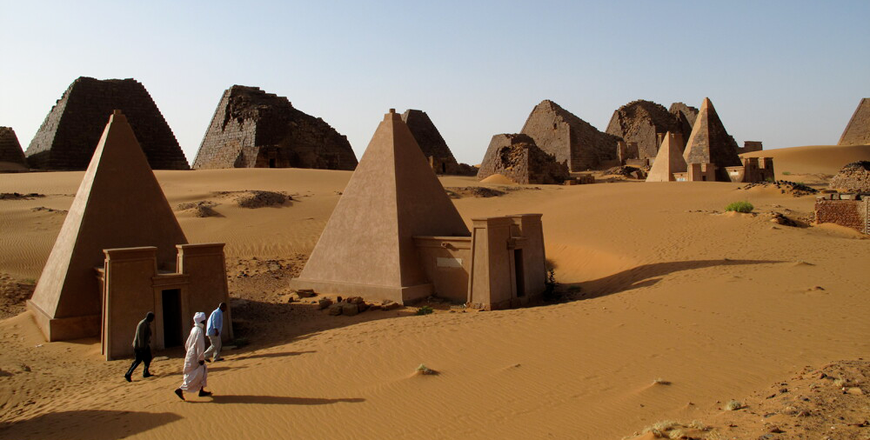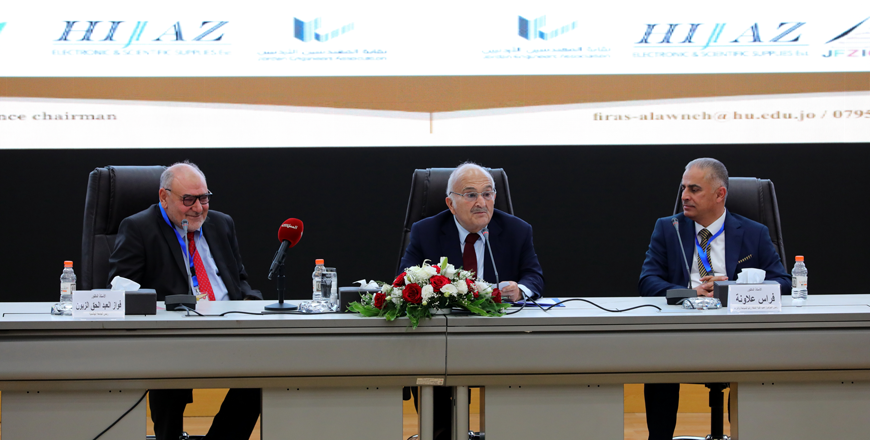You are here
Global initiative to protect worshippers, houses of worship launched
By JT - Nov 02,2021 - Last updated at Nov 02,2021
AMMAN — A number of Arab and international scholars, intellectuals and religious figures on Tuesday launched a global initiative, encouraged by HRH Prince Hassan, president of the Arab Thought Forum and chairman of the board of trustees of the Royal Institute for Inter-Faith Studies, to protect worshippers and houses of worship.
In a declaration, the signatories emphatically rejected all forms of extremism and hatred, calling for a dialogue that bolsters intellectual and humanitarian consciousness, encourages people to concur with reviving and enhancing global human cooperation to protect places of worship, holy places and innocent worshippers, the Jordan News Agency, Petra, reported.
The signatories included a number of scholars, thinkers and religious figures from Jordan, Palestine, Qatar, Saudi Arabia, Egypt, Lebanon, Morocco, Turkey, Italy, Brazil, the US, and Germany.
Following is the text of the declaration:
“The tragic accounts of the loss of life, the continued attacks on houses of worship and the bloodshed of worshippers prompt us, as a group of religious leaders, scholars and thinkers that share the ethical commitment and humanitarian obligation towards others, to call on individuals and organisations to carry out their human, ethical and religious duty to denounce such painful tragedies and crimes.
We recognise that the world is witnessing a steep rise in xenophobia, racism and intolerance resorting to the distortion and abuse of religions and faith as a pretext for violence, exclusion and discrimination.
The targeting of archaeological sites and architectural heritage, including museums, libraries and manuscripts is tantamount to the obliteration of the civilisational memory of peoples and the uprooting of their material past.
These erasures go beyond the annihilation of human beings and the destruction of stone; there is, at the core of any such erasure, a fear of collective memory and a fear of both memory’s representations in conscience, feelings, ideas and attitudes and its manifestations in books, cultural property and moral effects.
The attacks on houses of worship, when people are praying in them, are the pinnacle of such barbaric acts. Is it not time to consider the question of freedom of worship as an integral part of the right to life and the value of human heritage in relation to culture and identity?
According to the United Nations, ‘gross violations of cultural rights have been among the root causes of conflicts, and failure to address systematic discrimination and inequities in the enjoyment of these rights can undermine the recovery from conflict’.
In addition, the ‘Global Call to Action for Safe Worship to Foster Solidarity and Protect Religious Sites and Worshippers’ celebrates the universality of religious sites as symbols of our shared humanity, history and traditions of people worldwide.
In the histories of wars and conflicts, the targeting of the cultural heritage sites and libraries of the Levant and of the other sites and centres representative of the Arab and Islamic civilisations is not new. The Library of the Dar Al Hikma in Baghdad — described as the greatest library on Earth of its time — was destroyed in 1258 AD
Despite the cultural and national peculiarities associated with heritage, the deeper meaning of heritage lies in the ability to discover its various contributions to the formation of a common human civilisation. Let us respect our history and heritage by working to respect others, remembering that with no history we cannot survive the future and that history and heritage are only a pillar of the present which we seek to build, a present of prosperity, excellence and creativity.
We underline that Humanity cannot face the challenges sweeping our planet without cooperation and solidarity, and this calls for strengthening the concept of shared human values. Contrary to what some may think, ‘shared human values’, in the deep sense of the concept, do not ‘weaken the sense of privacy inherent in religious beliefs’ nor ‘contradict cultural or national identities’. Yet, no matter how different nations and peoples are in belief and culture, they share in one humanity.
The Holy Koran reaffirms that the fundamental task of religion is to complement the rewards of morality. This is clearly explained in the Koran's emphasis on the unity of moral values among people. The Koran prohibits abusing the soul: ‘Whoever takes a life — unless as a punishment for murder or mischief in the land — it will be as if they killed all of humanity; and whoever saves a life, it will be as if they saved all of humanity.’ (Al-Ma’idah 5:32).
We call for a dialogue promoting consciousness, thought and human fraternity, a dialogue reviving universal cooperation to inspire a world consciousness that can address the protection of houses of worship and innocent worshippers.”
Related Articles
AMMAN — The war that erupted between the Sudanese Armed Forces and the Rapid Support Forces in Khartoum in April 2023 has not only cre
AMMAN — Amidst the incessant bombings in Gaza and the ongoing humanitarian catastrophe, another tragedy lies in the “deliberate” destruction
AMMAN — HRH Prince Hassan, chairman of the Higher Council for Science and Technology, on Tuesday attended the launch of the third Internatio

















